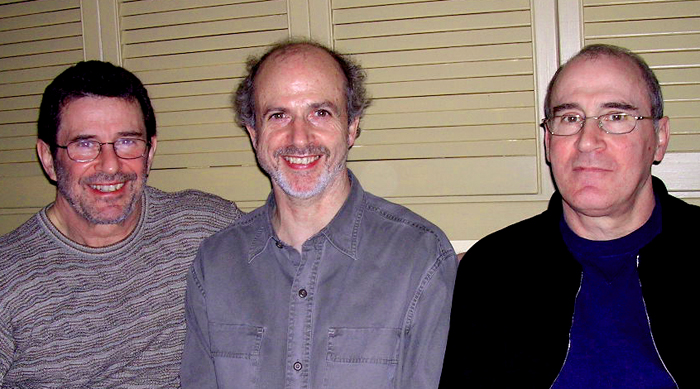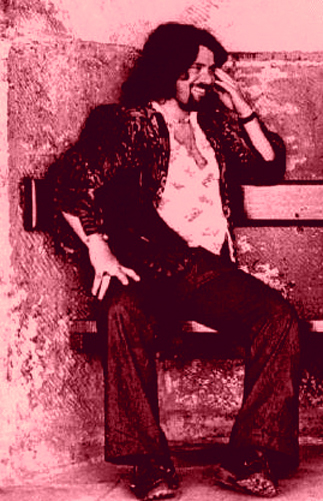
Derek Shulman, as we all know, was the frontman in both Simon Dupree And The Big Sound, and the much beloved and highly influential Gentle Giant. I had the opportunity to speak to Derek hot on the heels of the new digital downloads of 7 albums from the Gentle Giant catalogue: In A Glass House, The Power And The Glory, Free Hand, Interview, Playing The Fool, The Missing Piece, & Giant For A Day In 2010, there will also be new remasters on CD of these same 7 titles. Here we go as we discuss this and much more! Awaaaaay!!...


